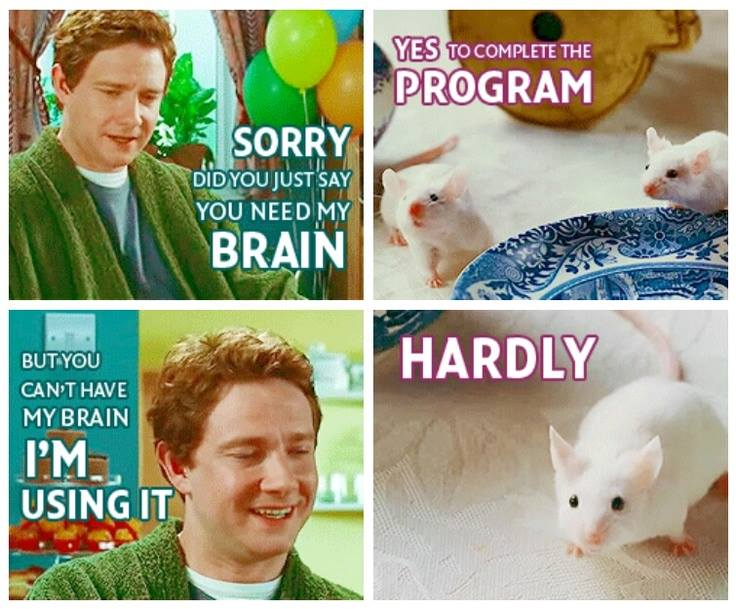People who are prejudiced against one social group also tend to be prejudiced against other social groups, that is, they show generalized prejudice. Many scholars have noted parallels between the devaluation and exploitation of certain human groups (e.g., racism, sexism, and other forms of prejudice) and the treatment of non-human animals (often referred to as speciesism), suggesting that generalized prejudice may even extend across species lines. I tested this hypothesis using panel data with large and demographically diverse participant samples and different operationalizations of the devaluation of humans and animals. Study 1 (56,759 participants from 46 European countries) revealed a positive association between human-directed prejudice and human supremacy beliefs and this association was still observed when controlling for various socio-demographic factors (e.g., gender, educational attainment, religiosity, political orientation). Study 2 (1,566 Dutch participants) revealed positive associations between human-directed prejudice and a host of attitudes, beliefs, emotional responses, and behaviors related to meat consumption. For the majority of tests, this positive association was still observed when controlling for socio-demographic factors. Thus, both studies suggest that people who devalue human groups also tend to devalue the welfare and interests of animals. The current findings support recent theorizing on the common psychological roots of human-directed and animal-directed prejudice and attest to the generality of generalized prejudice.
